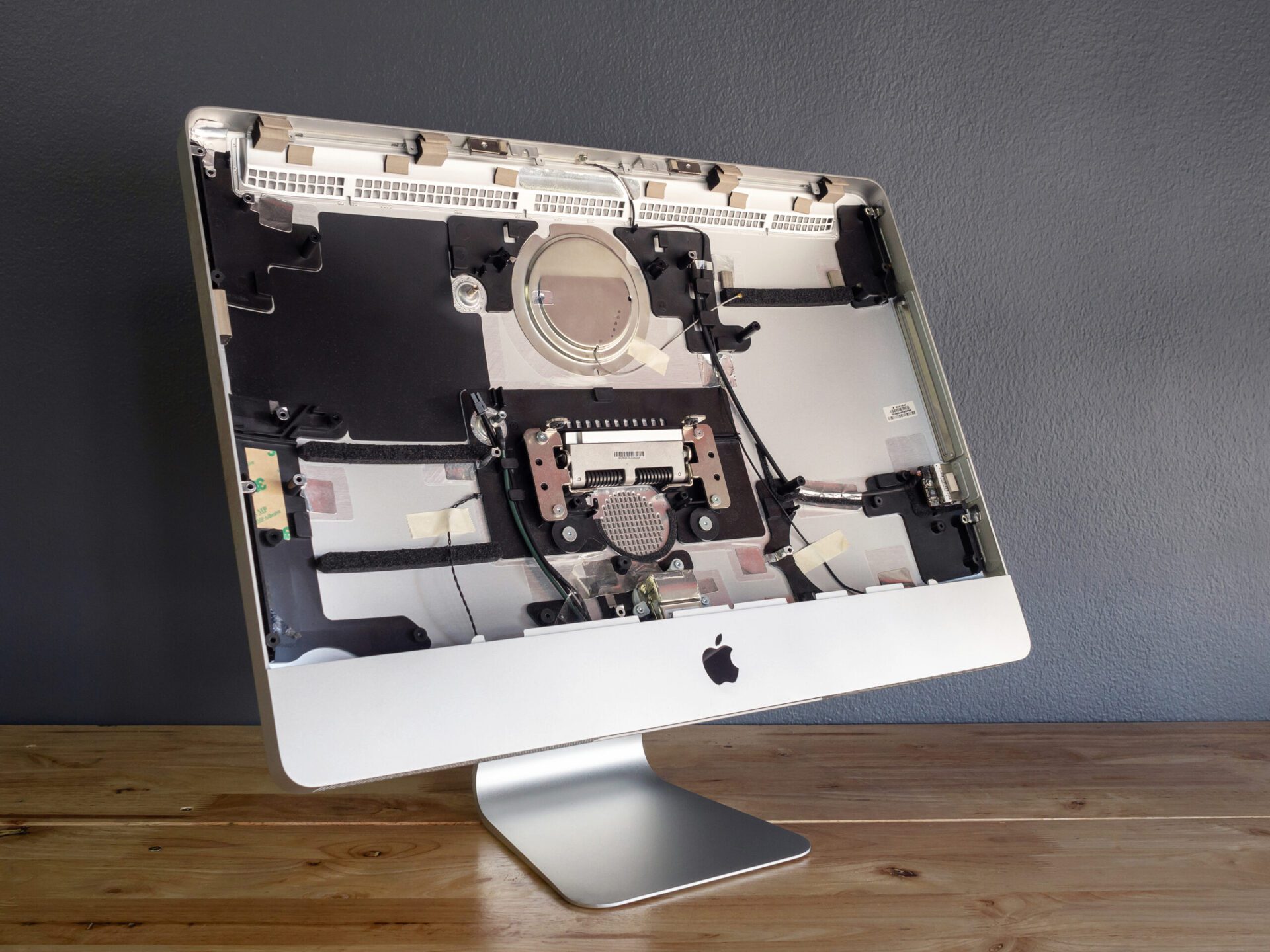
Some companies take an “If it’s not broke, don’t replace it” approach to their computers. Even though they may be past the average 5-year mark for replacement, they want to get as many years out of them as possible before having to purchase new ones.
But just because a computer “technically” works, doesn’t mean it’s working the same way it did a few years ago.
As computers age, they naturally get slower and increasingly have issues that need a computer repair. They can also run into security problems due to an outdated operating system or software.
What often ends up happening is that companies pay more due to lost productivity and downtime than they are saving by waiting another year or two to replace that older PC.
Those costs from continuing to run older equipment can add up pretty quickly.
Often the costs of an older computer can creep up on a business owner and go unnoticed until cumulative financial reports are reviewed. Losses from downtime and productivity typically come in increments that accumulate over time, but that look different on paper than an upfront purchase of a new computer with a cash outlay all at once.
But when you take the time to look at the variety of costs that come from hanging on to a computer for too long, it’s often clear that purchasing a new one saves money and ends up making much better business sense.
Here are some of the ways that an older computer is costing your business money.
Lost productivity due to slow computers is estimated at 5.5 days per year per employee. For a company with 25 employees, averaging $25 per hour, that’s approximately $27,500 per year lost from using old technology.
Additionally, when employees are using inadequate technology that slows them down day in and day out, they often get frustrated and morale can suffer. Good employees may end up looking for other opportunities outside your organization because they feel their technology is holding them back.
Older computers are prone to unexpected downtime, which adds its own additional costs due to business disruption, lost productivity, and the need to stop what you’re doing and figure out how to get the PC back up and running.
The average cost of downtime for a small business due to a crashed application, hardware conflict, or other problem costs $10,000 per hour.
Older computers increasingly have security problems that newer computers don’t have. This can significantly increase the risk of a data breach or malware infection, something that puts many small companies out of business shortly thereafter.
Security issues that older computers can have include:
The average cost of a data breach is $3.9 million.
If you’re finding that a computer is in the shop often or you’re having to pay for a technician to come out to repair it continually, it’s not long before those repair costs are going to add up to the price of what a new computer would’ve cost.
Often these repairs come out of the blue due to breakdowns and can cost even more than regular maintenance because they’re being done on an emergency basis.
So, how do you know if you should replace an older business computer? Here are some signs that indicate a need to upgrade.
The average lifespan of a computer is 3-5 years. The range is due to the varying quality. For example, a well-built PC with quality parts, will last closer to 5 years, where a budget PC may need replacement after just 3 years.
If your employee is complaining that their computer has become sluggish, you can try a tune-up, but if it’s an older PC, then that most likely isn’t going to help in the long-term.
A sluggish computer that is slowing down productivity is telling you it’s time for a replacement.
When a hard drive is failing, one of the telltale signs is that it will reboot suddenly and throw up strange error messages. These are warning flags of an impending hard drive crash, which could cause major data loss. You definitely want to upgrade before that happens.
If a computer has become loud, especially when it’s processing (reading/writing information) this can also signal a hard drive failure is on the horizon. Computers drives will typically have moving parts, and when they start to become loud, it’s typically due to the aging of those parts.
Transitioning from an older computer to a new one doesn’t have to be frustrating. Digital Crisis can help with a smooth data migration so your users have all their data and settings and can hit the ground running on a new PC.
Contact us today to schedule a consultation. Call 713-965-7200 or reach us online.